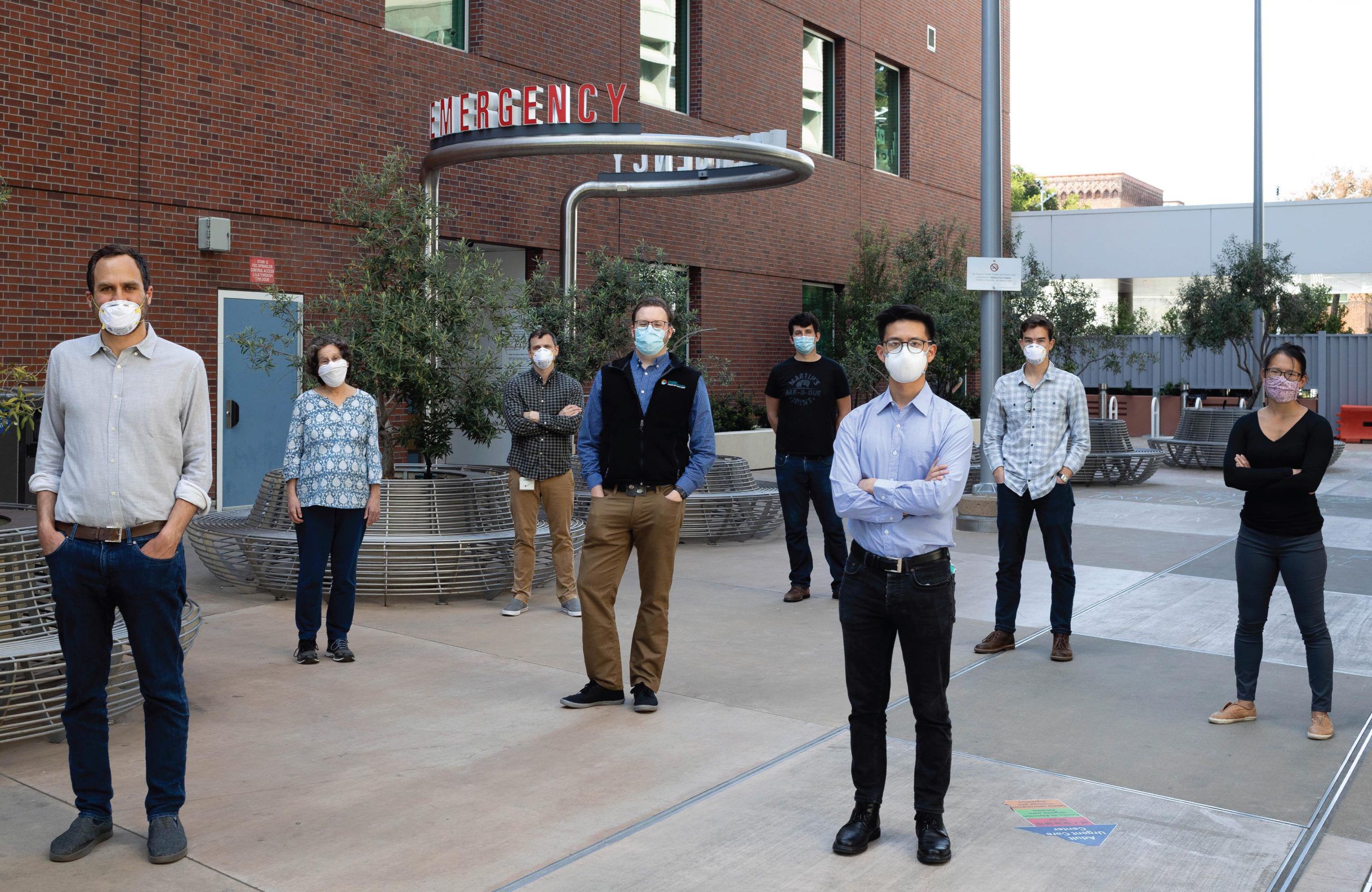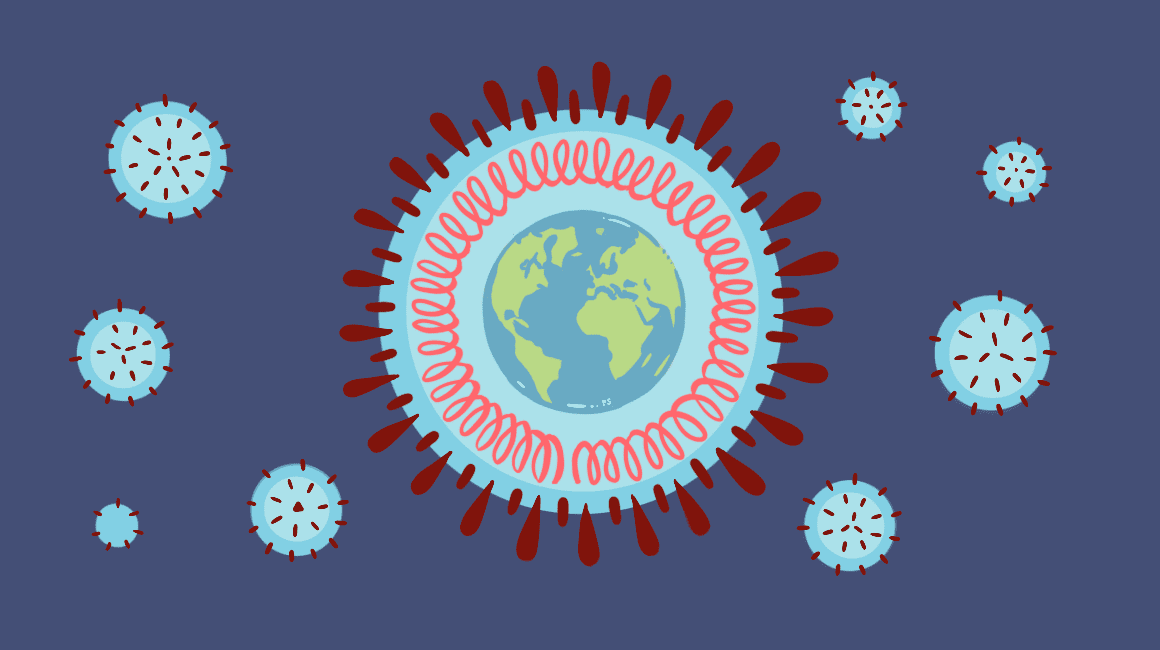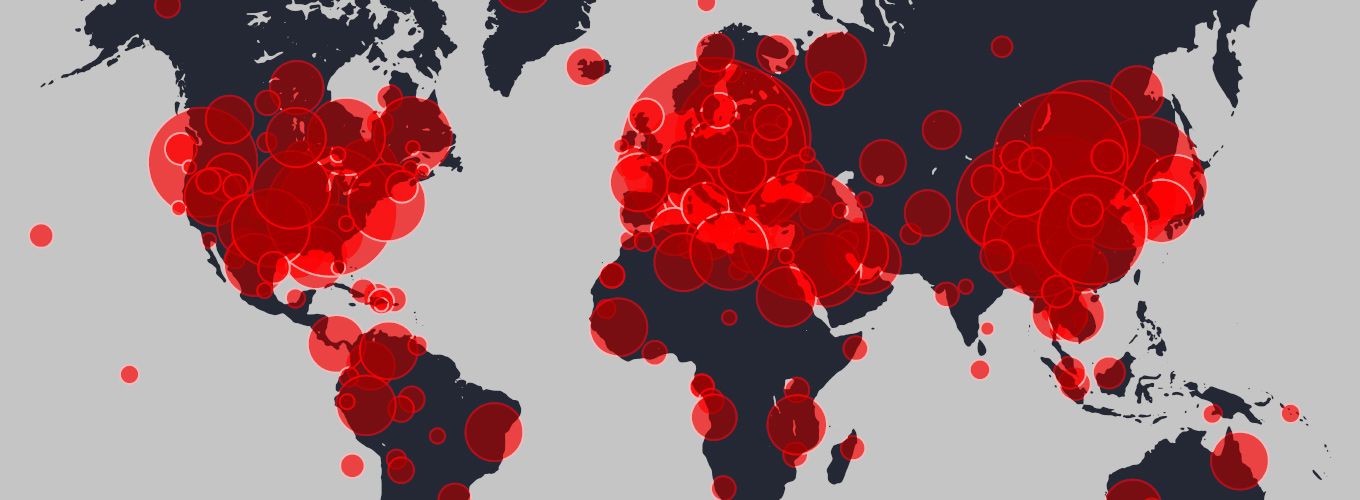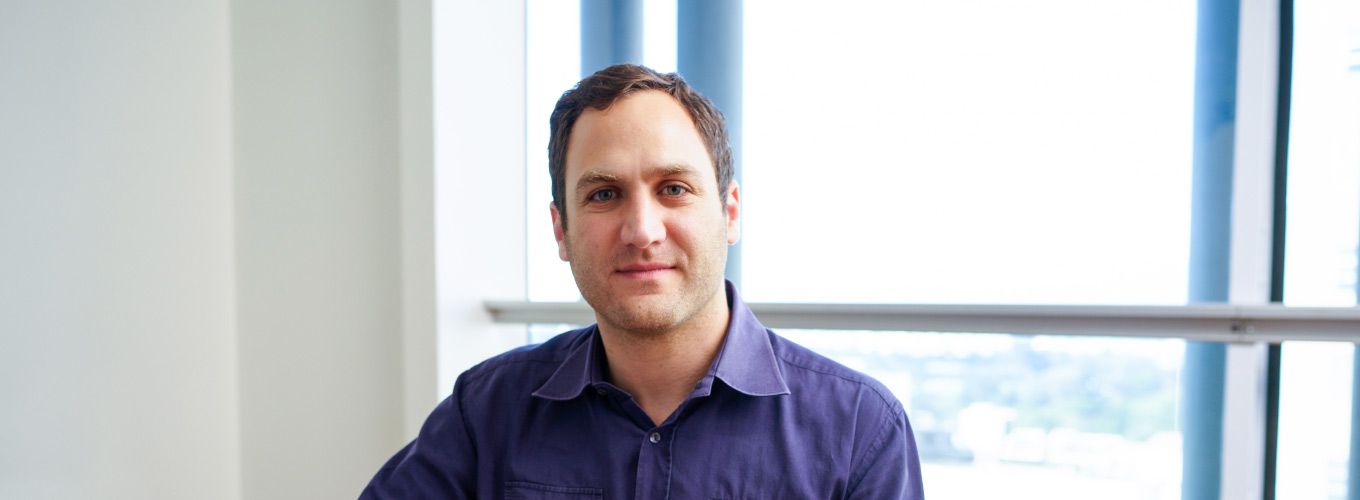
IGI Scientists Examine Accuracy of Coronavirus Antibody Tests
To relax shelter-in-place restrictions, we need to know who has already been infected with SARS-CoV-2, the virus that causes COVID-19, and may therefore be immune. Doctors can figure this out with a variety of different blood tests that look for antibodies against SARS-CoV-2. But how accurate are the tests?
IGI Investigator Patrick Hsu and IGI Scientific Director of Biomedicine Alex Marson are leading an effort to find out. “These tests are widely available, and many people are buying and deploying them,” said Hsu. “But I realized that they had not been systematically validated, and we needed to figure out which ones would really work. This is a huge, unmet need for public health.”
The researchers have released their first results with head-to-head comparisons of a dozen SARS-CoV-2 antibody tests. They found that many of tests had a high rate of false positives—a result indicating that someone has had the virus when, in fact, they have not. Learn more about the research at the authors’ site: The COVID-19 Testing Project.
Read more:
What COVID-19 antibody tests can tell us, and what they can’t
Berkeley News | Robert Sanders | April 27, 2020
Evaluation of SARS-CoV-2 serology assays reveals a range of test performance
Nature Biotechnology | August 27, 2020
 By
Hope Henderson
By
Hope Henderson



